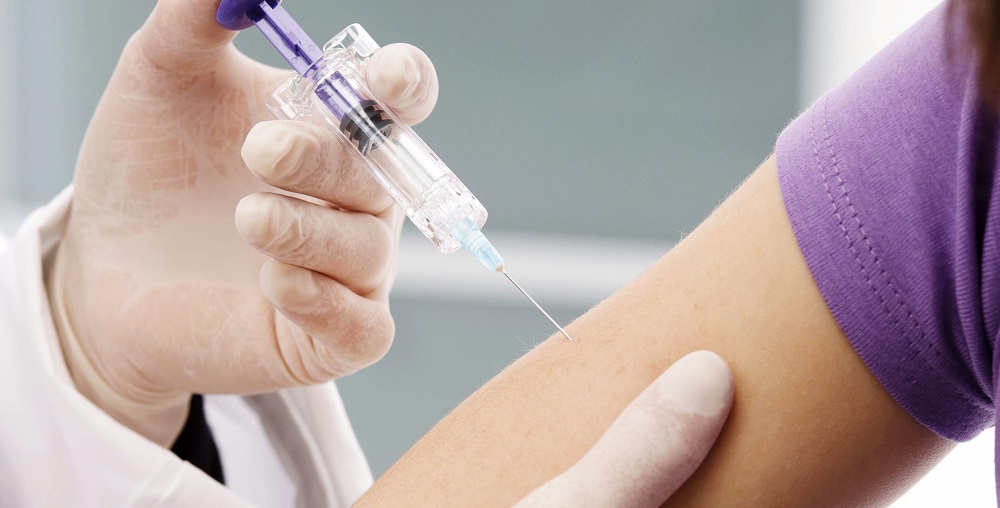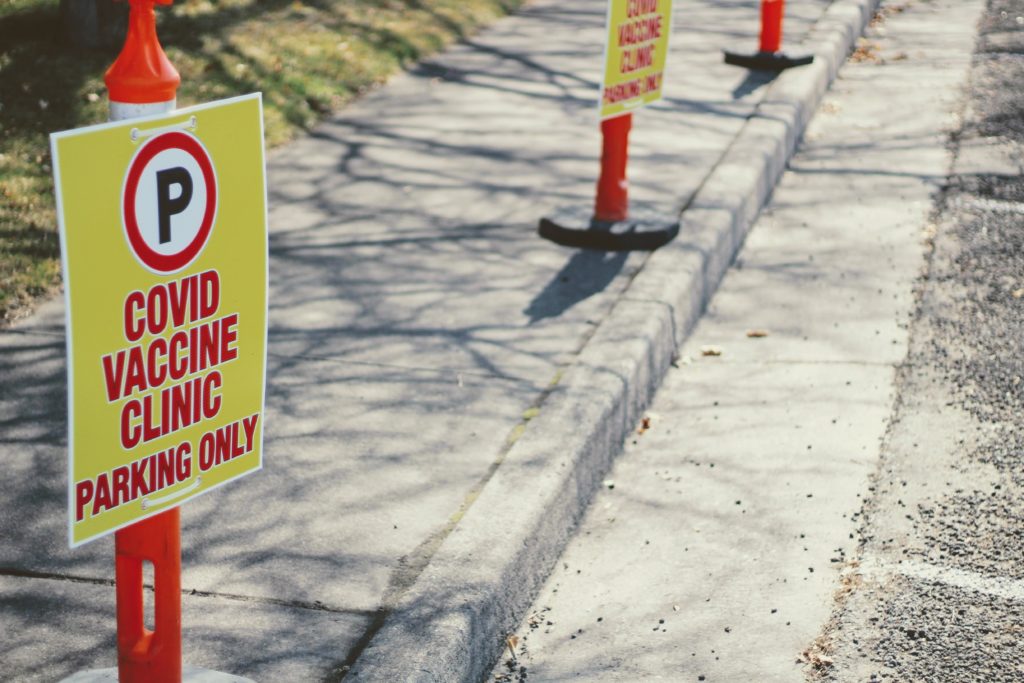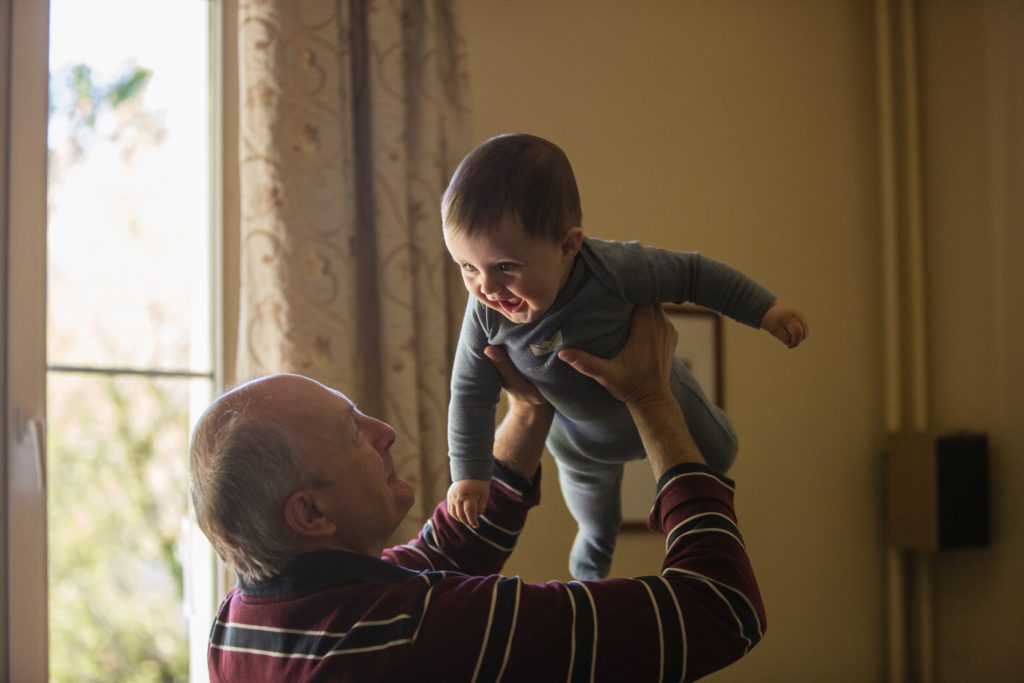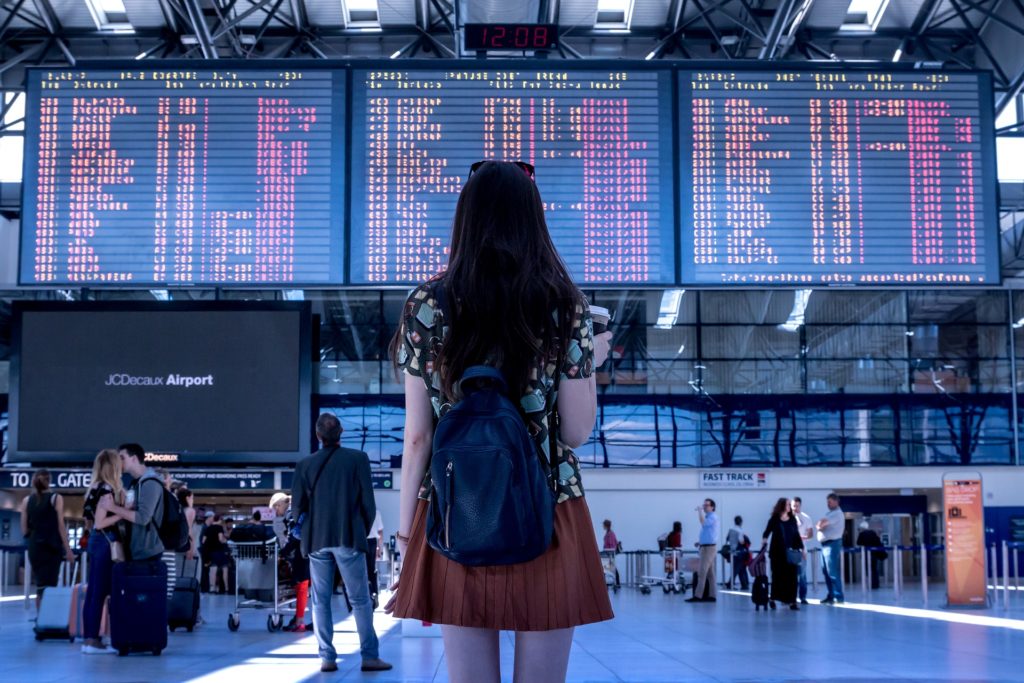Watching the daily COVID-19 vaccination rates increase can feel like watching the clock get to 5pm on a Friday afternoon. But Australia is now tracking towards one of the highest vaccination rates in the world. Currently, 65.4 per cent of our population (aged 16+) is fully vaccinated. About 83.6 per cent have had one dose (14 October data via Department of Health).
But some people are still hesitant about getting vaccinated – and science can explain why. We spoke with our behavioural research team about vaccine hesitancy and barriers. And the motivators for vaccination. Plus, we have some tips on how to have encouraging conversations with family and friends who are hesitant or facing barriers.

Are you feeling hesitant or motivated about getting a COVID-19 vaccine?
What is vaccine hesitancy?
A person is considered ‘vaccine hesitant’ if they refuse or delay getting a vaccine, when a safe and approved option is available.
Australian researchers have been tracking vaccine hesitancy since the beginning of the pandemic. And the number of people who ‘definitely’ or ‘probably’ wouldn’t get vaccinated has changed over time.
In August 2020, before an approved vaccine became available in Australia, about 13 per cent of Australians were considered hesitant. This increased to about 30 per cent in February 2021. Recent figures suggest about 13.3 per cent of Australians are currently hesitant.
What about vaccine barriers?
A key priority in getting Australia vaccinated is understanding how to support people. Many individuals know what needs to be done and intend to do it. But they can have difficulties converting this into the actual behaviour. Behavioural researchers call this the ‘intention-action gap’.
When considering vaccination rates, we can’t gauge the extent of vaccine hesitancy just by looking at vaccination numbers. This assumes everyone not currently vaccinated is hesitant. But some people may face barriers that are preventing them receiving a vaccine.
When we unpack why people might ‘intend’ to do something but never take ‘action’, we often think about barriers.

Removing barriers to vaccination is important.
What are the barriers to vaccination?
Barriers are things that make acting out a behaviour seem more difficult. Barriers take many forms including emotional, societal, structural, educational and more.
Our researchers have identified three key barriers in getting a vaccine. They consider how these barriers might play out in Australia in the context of this global pandemic.
Autonomy and ownership
Research on health behaviours indicates that individuals are more likely to act out a behaviour, such as vaccination, when they have autonomy. This includes over when, where and how vaccination occurs.
There are numerous studies of good handwashing practices in work environments, which provide examples. These studies have shown that compliance improves when you give small teams autonomy. This includes allowing the team to develop a plan about how to integrate this practice into their own working lives.
As the vaccine rollout progresses, we are starting to see more localised plans to increase vaccination rates. Workplaces or schools all getting vaccinated together on a certain day is a good example.
Immediate consequences
Many behaviours, like vaccination, do not prevent immediate consequence or have an observable immediate benefit.
Let’s consider this in an Australian context. We’ve focussed on maintaining low case numbers. This means most Australians have not yet lived with an extreme threat of catching COVID-19.
Yes, we’ve experienced lockdowns. And the virus has been present in our communities, particularly in more recent times. But, on average, most Australians won’t personally know someone who has had the virus. Or know anyone who has died as a result.
This means any ‘perceived benefit’ of vaccination is likely to be lower in Australia. This is when compared to other places in the world where cases have soared.
But let’s look at communities in New South Wales or Victoria, where COVID-19 has been more prominent. Vaccination rates in these states are generally superior to others, because of increased exposure to this threat. Therefore, a greater perceived benefit of vaccination exists.
Environmental and practical supports
When something is difficult, we are less likely to do it. This does not necessarily mean there’s a lack of motivation. But rather a lack of immediate access. Research across a broad range of behaviours shows that making a behaviour as easy as possible leads to an overall improvement.
Let’s consider this in the context of COVID-19 vaccinations. There are many ways we help address barriers. For example, administering vaccinations in locations where large numbers of people congregate to facilitate quick and easy access.
It’s important to remember that multiple barriers can work in unison. This will lower the likelihood of people getting vaccinated.
The process of getting a vaccine involves a lot of steps. These include finding a clinic, booking an appointment, modifying personal responsibilities, taking time off work, and factoring in another potential day to manage side effects. The more steps or barriers that can be eliminated, the easier it becomes for people to receive a vaccine.

Keeping your family safe can be a motivator to get a vaccine. How good are grandparent’s cuddles?
What are the motivators for getting a vaccine?
More than 80 per cent of eligible Australians have now received at least one dose of a COVID-19 vaccine. So it’s important to reflect on what has motivated these people.
Motivators are things that can overcome barriers. So, we need to understand and leverage them to help people make the right choice for themselves and their communities.
Protect your health and the health of vulnerable people
One of the main reasons people are motivated to get a vaccination is to protect their own health. We know a COVID-19 vaccine is one of the best ways to protect ourselves. But it also protects the health of others.
According to ABS data, 79 per cent of Australians reported being motivated to get the COVID-19 vaccine to prevent severe symptoms. Increasing cases in Australia’s eastern states served as a reminder the virus is in the community. As a result, all Australians are more likely to perceive vaccination as being beneficial. We have seen a recent surge in vaccine uptake in NSW and Victoria, the states with the highest case numbers.
People in certain age groups, or with existing health conditions, may also be more motivated to receive the vaccine to protect their own health.
Humans are social creatures. So many people are motivated to protect the health of others. Especially if they have loved ones who are vulnerable to getting sick. Or not yet eligible to be vaccinated. We know that having a larger number of people vaccinated will help protect the population in Australia.
Help to reach vaccination targets (and end lockdowns)
Aside from health motivations, people are likely to perceive the economic and societal benefits of vaccination. Australia is working towards a target of 80 per cent double dose of the eligible population. This will ease some restrictions and (hopefully) end widespread lockdowns.
Therefore, people may be motivated to receive the vaccine to help boost these numbers. They want to help everyone reach vaccination targets more quickly. This will see the country start to re-open, including its international borders.
Given the considerable amount of time a large proportion of the country has spent in lockdown over the past 18 months, this makes sense. People are motivated to help ease restrictions and end lockdowns.

Vaccination status will likely determine your international travel options. Where will you travel to first?
Make the most of eased restrictions
Some people may be motivated to make the most of future eased restrictions. This is based on the idea that only vaccinated individuals will have access to certain social activities. This will include access to pubs, restaurants, and public events such as concerts and sports.
This mandate will also likely extend to overseas travel. Many airlines are planning to only allow vaccinated passengers on flights once Australia’s international borders re-open. Getting a vaccine before flying means we protect the health of the people in the places we visit. It also means reducing the risk of bringing the virus back to Australia.
A recent ABS survey found 24 per cent of Australians were motivated to get a COVID-19 vaccine because they wanted to travel. Boarding a flight may still seem a little way off. But some businesses are already offering incentives to vaccinated customers. These include loyalty or status points, as well as discounted flights and travel vouchers. We know such incentives can be effective for promoting behavioural change.
How to have ‘that’ conversation with a vaccine hesitant person
Everyone’s motivations for vaccination will be different. So, it is important to find out what makes your friend or family member tick.
For example, if the person enjoys travel, remind them that reaching vaccination targets will likely see international borders open. Sharing your own motivation for getting vaccinated can also be helpful.
Listen to any concerns an individual may have about getting the COVID-19 vaccine. Acknowledge any barriers they may be facing.
For example, someone may want help booking an appointment online, or need someone to go with them to the appointment. Again, it might be worth sharing your own experiences. This could be about booking your vaccination appointment, the vaccination itself, and what happened afterwards. For example, if you experienced any side effects.


15th October 2021 at 4:53 pm
Much of the problem can be directed to the main stream media who beat up side effects of vaccines to make story. Their job after all is too frighten people so they come back for more.
I hate to imagine how many people have died from Covid-19 and other diseases caused by irresponsible media reporting.
15th October 2021 at 4:08 pm
It seems a number of people actively resisting vaccination do have particular arguments to do this and to convince others. Fears of side effects, especially such as vaccines being designed to have “secret” intended effects that infringe on personal freedoms, can be hard to disprove, as well as the argument that “I don’t want to risk taking this concoction that has not been tested enough”. And those who downright deny that the virus poses a risk. Some feel that their personal physical status is so good that no virus can threaten them. Often logical reasoning and statistics will not convince these since their reasoning is not based on unbiased logic, but on personally held ideas and convictions. When it comes to such “active resistance”, (sometimes even organised), my hope is that these people make up such a small part of the population that they will be protected through others’ vaccinations, and not be able to spread the virus to the detriment of others.